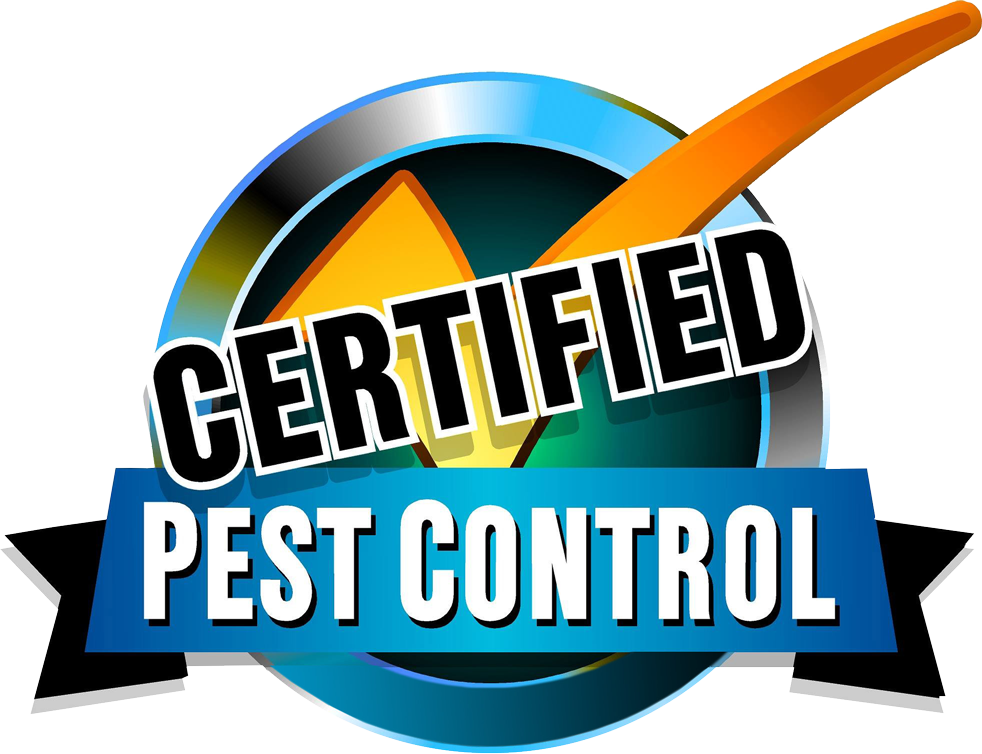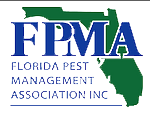Introduction to Residential Pest Control
Pests in your home are more than a nuisance. They can cause serious health issues and damage to your property. That’s where residential pest control comes in. It’s all about keeping your home safe and pest-free. Whether you’re battling ants in your kitchen, rats in your attic, or more uninvited guests, the right pest control strategy can make all the difference. This involves identifying the types of pests invading your space, understanding how they’re getting in, and then taking steps to stop them in their tracks. From do-it-yourself tips to professional services, there are plenty of options depending on your situation and budget. Stay tuned as we delve deeper into how you can protect your home from these unwelcome intruders.
Identifying Common Household Pests
Knowing your enemy is half the battle won. When it comes to keeping your home safe and pest-free, the first step is identifying who these uninvited guests are. Let’s talk about the usual suspects. Ants crowd your kitchen, loving any crumbs you leave behind. Cockroaches are not just gross; they’re hardy, making them tough to get rid of. Rats seek shelter and food, often chewing through wires and making nests in hidden spots. Then, there are termites, silent destroyers that can cause massive damage to the structure of your home. And let’s not forget about bed bugs, hitchhiking into your home and turning your bed into a nightmare zone. Each pest comes with its own set of problems, but recognizing them is the first step to kicking them out.
DIY Pest Control Strategies for Homeowners
DIY pest control can save you a lot of money and help keep your home safe and comfortable. It starts with being proactive rather than reactive. Keep food sealed and stored properly, fix any leaks to avoid attracting pests with moisture, and seal up cracks and crevices where bugs can enter. For the bugs that make it past these defenses, consider homemade traps or natural repellents. Vinegar, for instance, works well against ants. If you have a serious infestation, though, it might be time to call in the professionals. But for minor issues, a little effort can go a long way in keeping your home pest-free.
The Importance of Professional Pest Control Services
Trying to tackle pests on your own might seem like a cost-effective method at first. However, without the right knowledge and tools, you’ll likely end up fighting a losing battle. Professional pest control services are crucial for a few reasons. First off, these experts have the experience and equipment to deal with pests efficiently. They know where these critters hide and how to get rid of them for good. Also, they can use safer and more effective treatments than the over-the-counter options you might try on your own. By hiring professionals, you’re not just removing the pests; you’re also keeping your home safe from the possible damage these pests can cause. Remember, investing in professional pest control is an investment in the safety and comfort of your home.
Chemical vs. Natural Pest Control Methods
When it comes to keeping your home safe from pests, you’ve got two main routes: chemical or natural pest control methods. Chemical methods include using store-bought sprays and baits that contain substances to kill pests. These are effective but can be harmful to your health and the environment if not used carefully. On the flip side, natural methods prioritize using non-toxic substances and strategies to keep pests away. This includes things like planting certain herbs that pests hate, using essential oils, and ensuring your home is clean to deter pests from moving in. While natural methods are safer for people and pets, they may require more effort and time to be as effective as chemical methods. The choice between chemical and natural pest control depends on your priorities, whether that’s the urgency of the pest problem, environmental concerns, or safety for your family and pets.
Seasonal Pest Control Tips for Your Home
Every season brings its own pest challenges to your doorstep. Staying ahead means understanding what you’re up against and acting fast. In spring, ants, flying termites, and flies start to get busy. Make sure your home doesn’t offer free meals or easy entry. Seal up cracks and keep food in tight containers. Come summer, mosquitoes and wasps can crash your outdoor fun. Keep standing water to a minimum and watch out for nests forming around your home. As autumn arrives, rodents look for cozy “winter” digs. Keep them out by securing gaps and maintaining a clean yard. Finally, winter is a chill time for us but a bustling season for pests looking for warmth. Inspect your home for any entry points they could use and keep it snug against invaders. Each season, a little effort goes a long way in keeping pests at bay. No fancy jargon needed, just regular checks and fixes.
Preventive Measures to Keep Pests Away
To keep pests away, start by sealing gaps. Mice can squeeze through spaces as small as a dime and rats can squeeze through spaces as small as a quarter. Use caulking and weather-stripping for doors and windows. Next, focus on cleanliness. Crumbs and food waste attract pests. Ensure your kitchen is spotless, and trash is secured. Manage moisture too; leaks and damp areas invite pests. Fix leaks and ensure good drainage. Keep your yard tidy. Trim bushes and store wood or other debris away from your home. Lastly, consider beneficial animals and plants that deter pests. A tidy and well-maintained home and environment are your first defense against pests.
How to Choose the Right Pest Control Service
Finding the right pest control service doesn’t have to be a headache. Start by looking for services with good reviews and a solid reputation. Ask your friends or family if they have any recommendations for a local pest control company. Once you’ve got a few names, check if they’re licensed and insured – this is crucial. It means they’re qualified and you’re protected. Make sure they use safe, up-to-date methods and products that won’t harm your family or pets. Talk to them. Ask about their experience, particularly with your type of pest problem. Price matters, but the cheapest isn’t always the best. Look for value – good service at a reasonable price. Finally, a guarantee. A confident service will stand behind its work. If they’re hesitant, maybe keep looking. Choose wisely, and you’ll have a pest-free home in no time.
Understanding the Cost of Residential Pest Control
When talking about keeping your home safe from pests, price matters. Pest control isn’t free, but think of it as investing in peace and safety. Costs can vary widely. For a one-time visit, you might spend anywhere from (300 to )550. This range can fluctuate based on how big your home is or what kind of pests you’re dealing with. If you’re after something more long-term, like a quarterly or every other month service, prices can go from (40 to )70 each month. Remember, what you’re paying for isn’t just someone to come and spray your house; it’s the expertise, the assurance, and the safety. Most of all the peace of mind you gain. Cheaper doesn’t always mean better. Get quotes, ask questions, and make sure you feel comfortable with the service. It’s about finding the right balance between cost and keeping your home pest-free.
Summary and Final Thoughts on Keeping Your Home Pest-Free
Keeping your home safe from pests is about consistent efforts and the right strategies. Remember, the occasional ant or fly is normal, but a full-on invasion requires action. Start with sealing up cracks, keeping things clean, and not letting food sit out. If you’ve got a bigger problem on your hands, consider natural remedies or go for professional help, especially for critters like termites or bed bugs that mean serious business. Ultimately, staying proactive and reacting quickly to signs of pests will keep your home safer and more comfortable. It’s about putting in the work now to avoid bigger headaches later. Stay vigilant.



